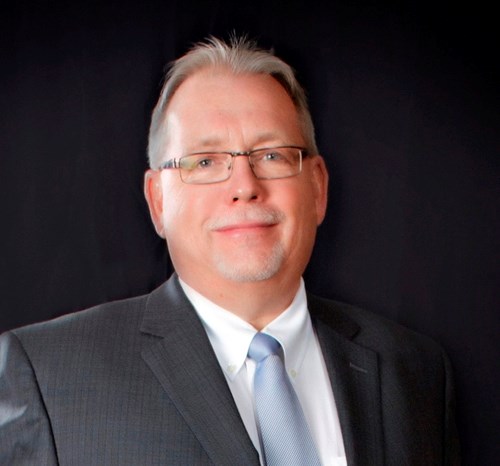Becoming 'stuck in a rut' is a remarkably easy thing to do.
After all, ruts are familiar ground. You have followed along in them many times. Maybe, you helped to create them. At one time, perhaps for a long time, those ruts may well have been the best way to go.
The problem is, the deeper a rut becomes, the harder it is to climb up out of it. If you keep on going, that rut will only get deeper.
Eventually...you will find yourself stuck.
The only alternative is to change. Change your speed, your method, your perspective. You might even want to change your direction completely. It likely won't be easy. There is some risk involved. But, unless you make the choice to change, you'll stay stuck where you are.
And remaining 'stuck in a rut' can prove fatal.
The Saskatchewan Chamber of Commerce is determined to encourage communities in this province to avoid becoming 'stuck in a rut' by creating the change that can allow them to design the future that they want for their community and empower them to move forward into it.
Steve McLellan, CEO of the Saskatchewan Chamber of Commerce, explains that the initiative called 'TransformSK' began as a response to the 2016 Saskatchewan Budget.
“Last year, the government began talking about the need for change in this province. Indications were that there would be trouble ahead and our priorities would have to change. The Chamber of Commerce Board met the next day. Even though we could see the need for change, it was felt that the government had done what could...or should...be done to make positive change happen for Saskatchewan communities. So, we began to look for a way that we could do things differently.”
Steve goes on to note that the need for collaboration and consultation became apparent early on.
“Over the summer, we began to engage with other sectors. We partnered with the Saskatchewan Construction Association, because that is a very active sector that relies heavily on a vibrant economy; and tends to be very pro-active in suggesting change. We then went on to partner as well with the Saskatchewan Mining Association, the Agriculture Producers Association, and the Canadian Manufacturers & Exporters Association because these sectors drive the economy. Together, we traveled to 14 different communities across the province holding meetings and public forums. The feedback that we received, along with the 198 pages of minutes from the meeting that were held, became the basis for 'TransformSK'.”
This document is...as Steve points out...much more than a simple 'report'.
“Transform Sk is a series of 45 'Calls to Action' that reflect the voice of the Saskatchewan people on how to create positive change in this province. The goal is to keep all of the great things that exist in Saskatchewan, and work together to transform the things that need to change as we move into the future.”
So...what are the “great things” about this province?
“What's great about this province is the clear willingness on the part of the people here to put their brains, their shoulders and their wallets to the task,” says Steve. “People also showed that they were willing to sit down at the table and have a conversation with others that they might not agree with. And, the people that live in this province tend to be very inquisitive. They aren't afraid to consider a new way of doing things.”
“Ultimately, TransformSK builds on the idea that the people living in different communities in Saskatchewan all have shared opportunities and shared challenges. Only by working together can we meet those challenges and claim those opportunities.”
In contrast...what are the things in Saskatchewan that need to change?
“There is a need for a process of formal consultation in this province,” Steve notes. “We need a process that will encourage people to continue in their willingness to talk and share ideas and allow those ideas to move forward.”
Steve adds that the most crucial change may be in the way that we value AND evaluate the education that our children receive.
“We are placing tremendous emphasis on the need for a Saskatchewan Student Charter. Every student in this province should receive an equivalent level of education, no matter where their school is located. Students need certain 'tools'...specific skills...in order to grow up into the very best future that they can have. We need to invest in our kids, and make sure that they are learning the things that they NEED to learn.”
Although TransformSK was created out of the consultations held in 14 specific communities, Steve points out that the 45 recommendations made AND the process that brought them into the public forum offers EVERY community in the province an opportunity to benefit.
“For a community like Kipling, TransformSK can mean whatever that community wants it to mean. Transformation has to start at the local level. The only way to keep the things that people living in a community want to keep and change what needs to change is by coming together as a community to talk. People need to get together and ask questions about what they want to see in their community, and what they don't. Then, they need to work together to build their community around the answers that they come up with.”
He warns that by choosing to avoid change...a community may end up facing even greater challenges.
“If the people in a community don't come together to discuss and create the change that they want to see then they will have to live with the consequences of that...good AND bad. Only by talking about what they want their future to look like will a community make the changes that will cause that future to become their reality.”
Saskatchewan people are encouraged to view the TransformSK document at: www.saskchamber.com or www.transformsk.ca .




